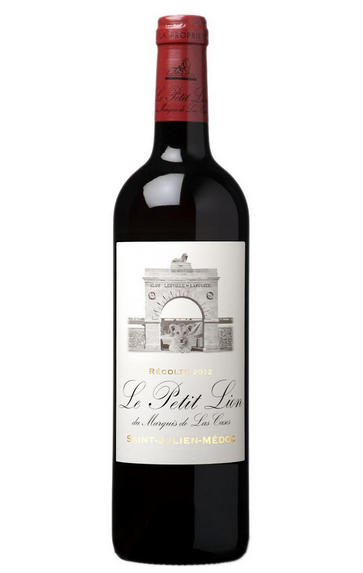
2018 Le Petit Lion du Marquis de Las Cases, St Julien, Bordeaux
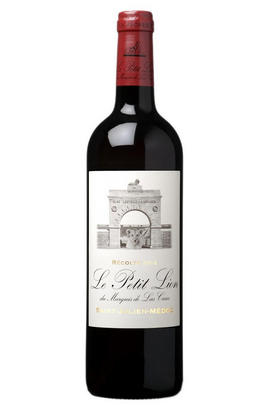
Critics reviews
Lisa Perrotti-Brown - 23/04/2019
About this WINE
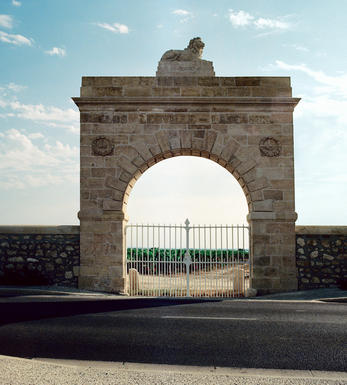
Chateau Leoville Las Cases
Château Léoville Las Cases is one of the largest and oldest classified growths in the Médoc. It is the largest of the 3 Léoville properties and now without doubt the leading estate in St-Julien.
Léoville Las Cases's 97 hectares of vineyards are superbly sited on gravelly-clay soils with the largest plot being surrounded by a stone wall and stretching between the village of St-Julien and Château Latour. The wine is a Cabernet Sauvignon dominated blend (65%), and is matured in oak barriques (70-80% new) for 18 months.
Léoville Las Cases produces arguably the most exotically perfumed wine in the Médoc and this can be partially attributed to the must being fermented at lower than average temperatures, which leads to its youthful aromatic richness being retained. On the palate it is powerful and concentrated and marvellously well-balanced.
Léoville Las Cases is a 2ème Cru Classé in name but produces 1er Cru Classé quality wines.
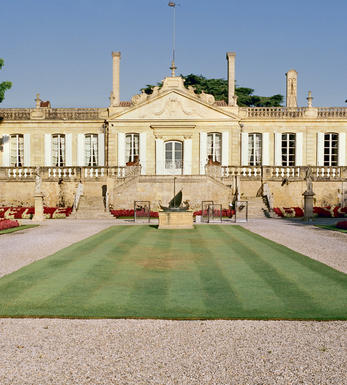
St Julien
St Julien is the smallest of the "Big Four" Médoc communes. Although, without any First Growths, St Julien is recognised to be the most consistent of the main communes, with several châteaux turning out impressive wines year after year.
St Julien itself is much more of a village than Pauillac and almost all of the notable properties lie to its south. Its most northerly château is Ch. Léoville Las Cases (whose vineyards actually adjoin those of Latour in Pauillac) but, further south, suitable vineyard land gives way to arable farming and livestock until the Margaux appellation is reached.
The soil is gravelly and finer than that of Pauillac, and without the iron content which gives Pauillac its stature. The homogeneous soils in the vineyards (which extend over a relatively small area of just over 700 hectares) give the commune a unified character.
The wines can be assessed as much by texture as flavour, and there is a sleek, wholesome character to the best. Elegance, harmony and perfect balance and weight, with hints of cassis and cedar, are what epitomise classic St Julien wines. At their very best they combine Margaux’s elegance and refinement with Pauillac’s power and substance.
Ch. Léoville Las Cases produces arguably the most sought-after St Julien, and in any reassessment of the 1855 Classification it would almost certainly warrant being elevated to First Growth status.
Recommended Châteaux: Ch. Léoville Las Cases, Ch.Léoville Barton, Ch Léoville Poyferré, Ch. Ducru-Beaucaillou, Ch Langoa Barton, Ch Gruaud Larose, Ch. Branaire-Ducru, Ch. Beychevelle
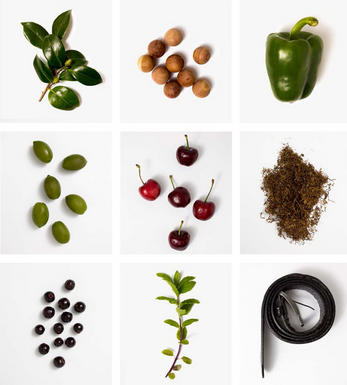
Cabernet Sauvignon Blend
Cabernet Sauvignon lends itself particularly well in blends with Merlot. This is actually the archetypal Bordeaux blend, though in different proportions in the sub-regions and sometimes topped up with Cabernet Franc, Malbec, and Petit Verdot.
In the Médoc and Graves the percentage of Cabernet Sauvignon in the blend can range from 95% (Mouton-Rothschild) to as low as 40%. It is particularly suited to the dry, warm, free- draining, gravel-rich soils and is responsible for the redolent cassis characteristics as well as the depth of colour, tannic structure and pronounced acidity of Médoc wines. However 100% Cabernet Sauvignon wines can be slightly hollow-tasting in the middle palate and Merlot with its generous, fleshy fruit flavours acts as a perfect foil by filling in this cavity.
In St-Emilion and Pomerol, the blends are Merlot dominated as Cabernet Sauvignon can struggle to ripen there - when it is included, it adds structure and body to the wine. Sassicaia is the most famous Bordeaux blend in Italy and has spawned many imitations, whereby the blend is now firmly established in the New World and particularly in California and Australia.


Buying options
Add to wishlist
Description
A lot of the Merlot in this blend is on clay and rather old and, in fact, is being gradually field-grafted over to Cabernet Franc. The huge concentration that this old-vine element imparts can be felt in the rumtopf (macerated fruits) feel. Naturally this gives the wine a rather heady personality, but the nett result is unalloyed pleasure. Drink 2024-2035.
Blend: 45% Cabernet Sauvignon, 42% Merlot, 13% Cabernet Franc
wine at a glance
Delivery and quality guarantee